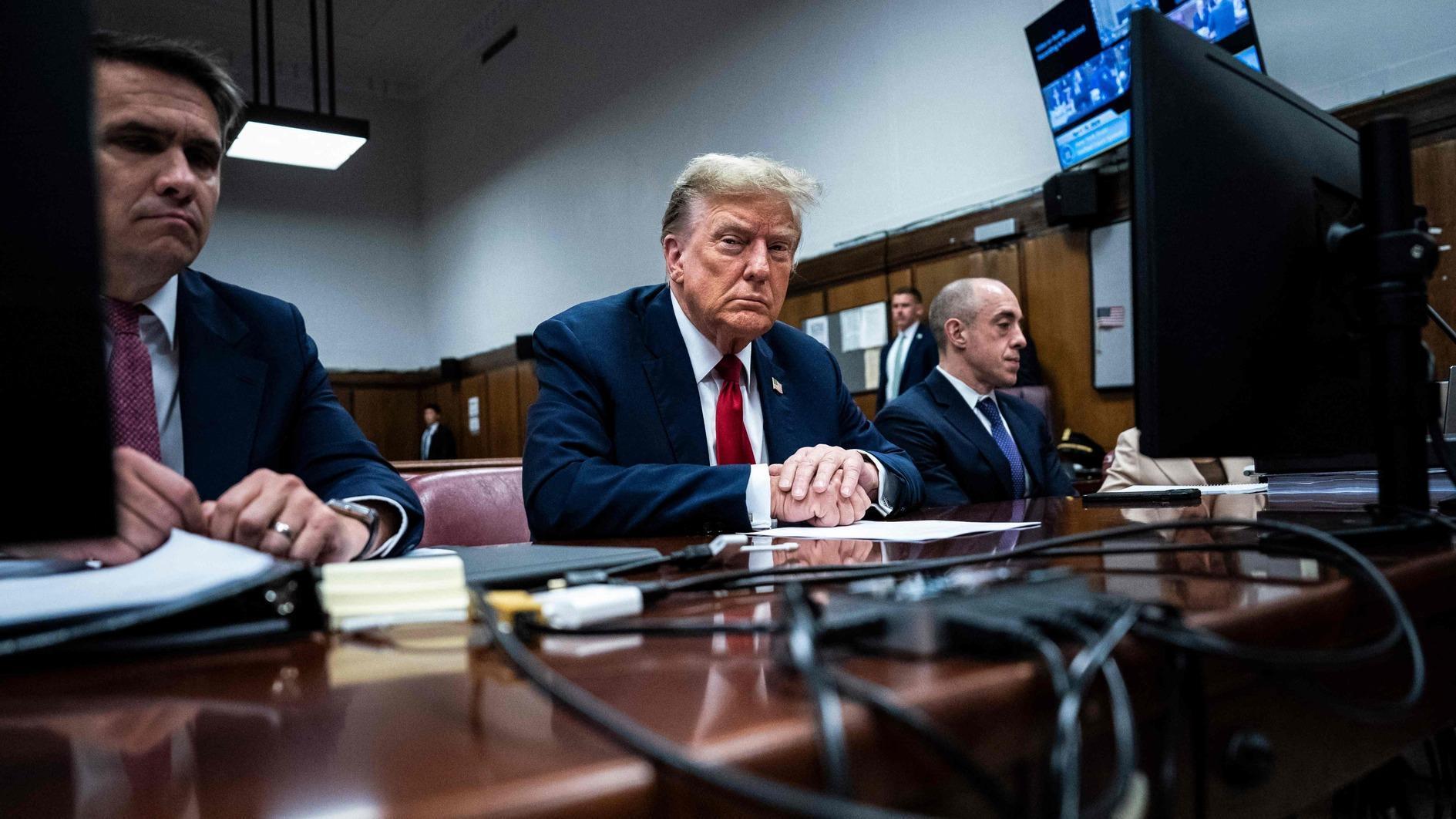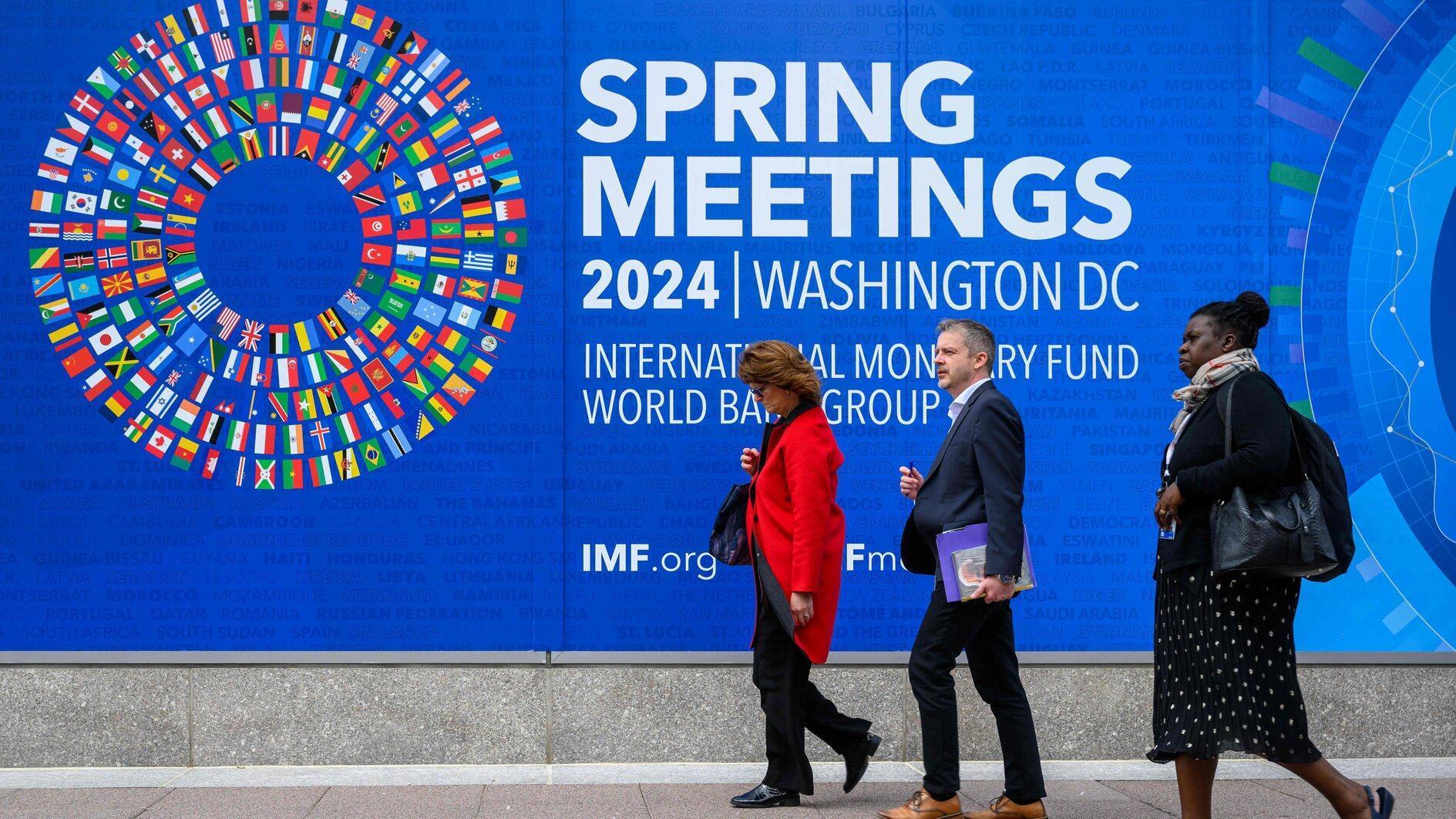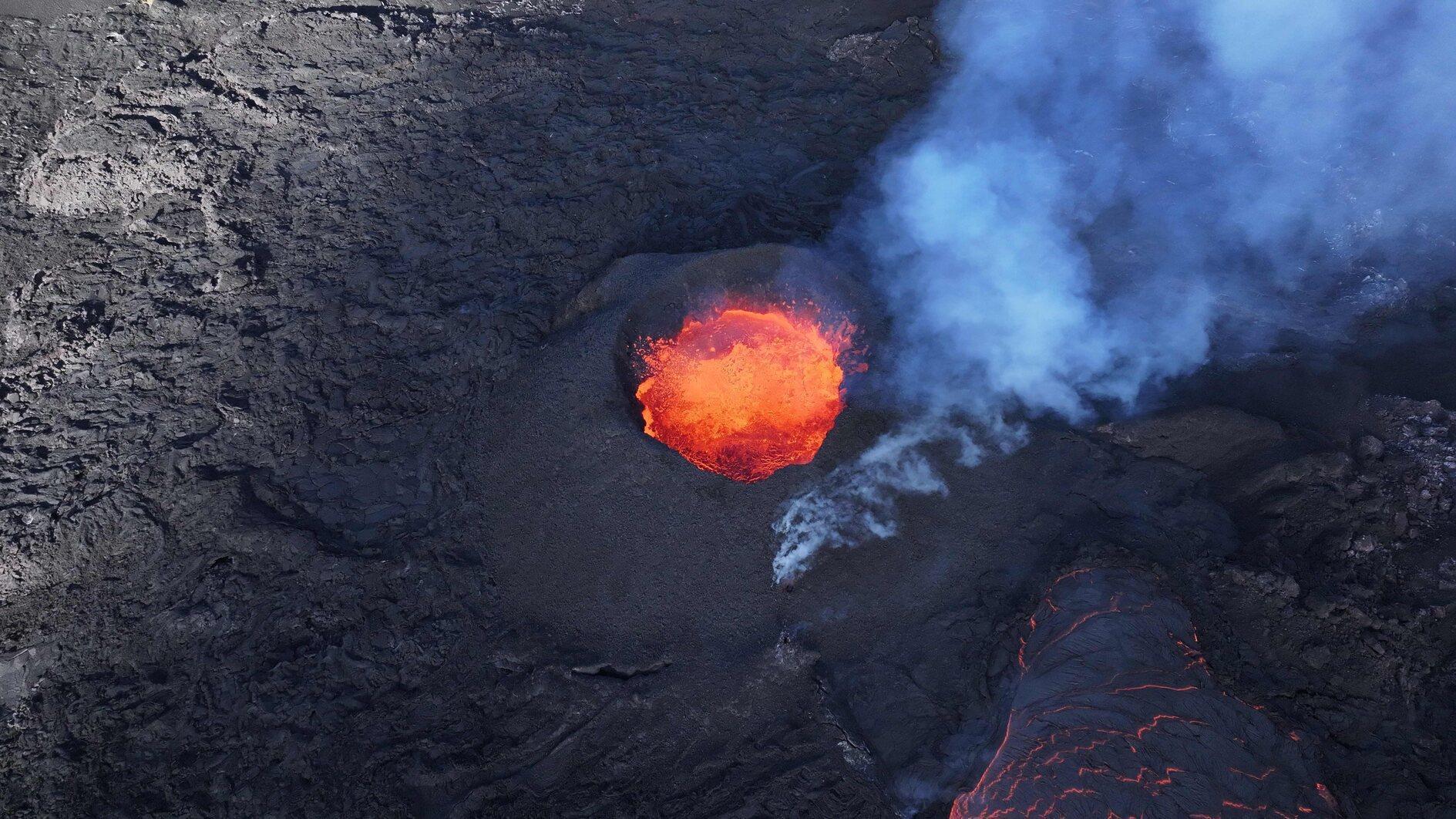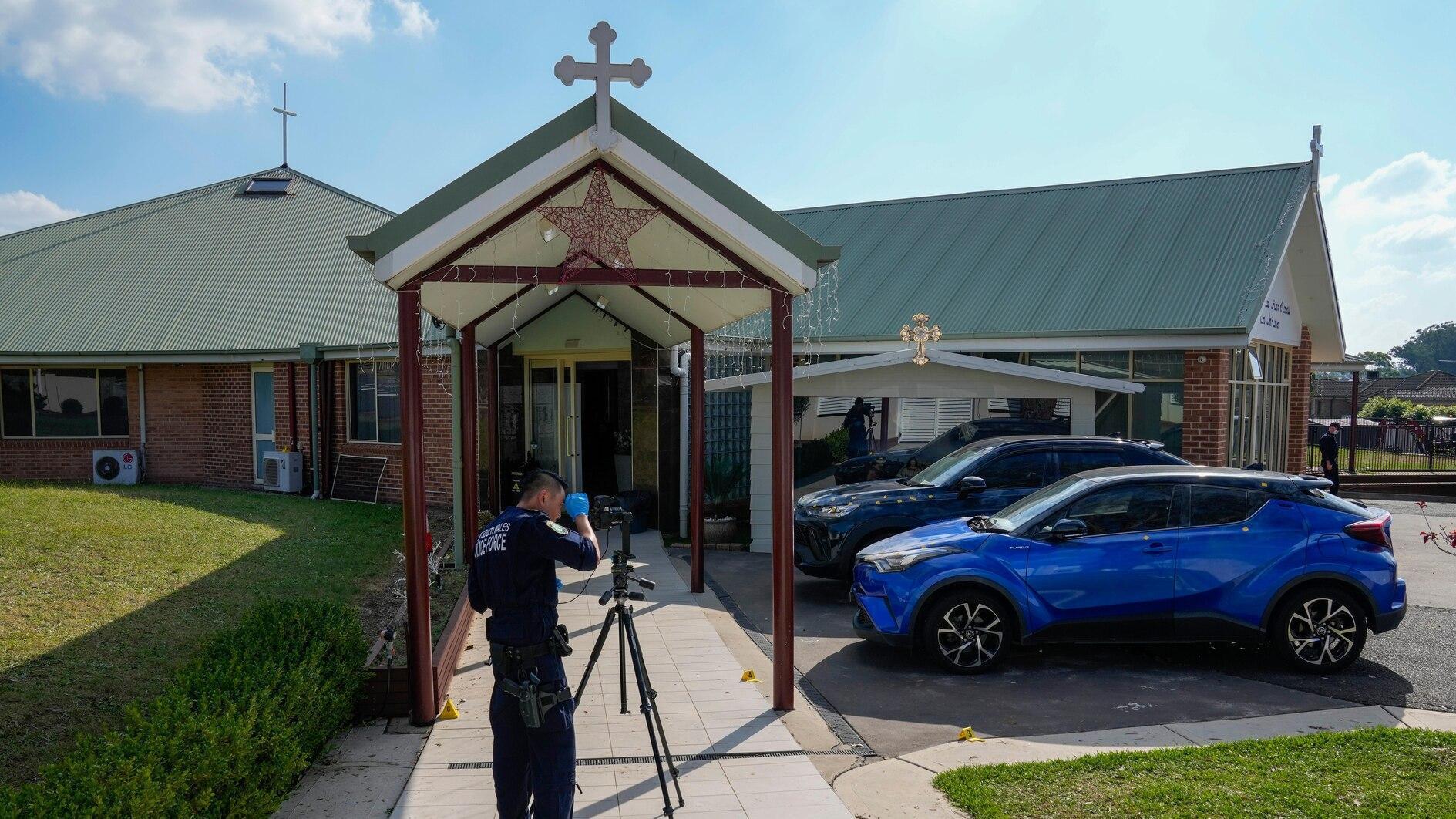The rise of a Turkish-Russian alliance?
Many have depicted the meeting between the Turkish and Russian presidents, Recep Tayyip Erdoğan and Vladimir Putin, in St. Petersburg on Aug. 9 – nearly nine months after the two met on the sidelines of the G-20 Summit in Antalya – as historic for three main reasons.
First, the St. Petersburg summit marks a new chapter in the Ankara-Moscow relationship after months-long rift over the downing of a Russian warplane in late November 2015. Second, Erdoğan’s visit to Russia comes at a moment when Turkey’s relationship with the Western bloc has hit bottom, therefore, sparking suggestions of a new alliance between Ankara and Moscow, especially on regional issues. Third, it’s Erdoğan’s first visit abroad since the coup attempt during which he expressed his gratitude to his host for his immediate and unconditional support, unlike European countries, to the Turkish government after July 15.
The consequences of the Erdoğan-Putin meeting will surely be visible in the coming days and weeks, especially in the field of the economy, trade and energy cooperation as both sides are very eager to develop them. The Turkish Stream seems to have received a go-ahead from both sides and the Akkuyu Nuclear Power Plant has been described as a strategic investment. The removal of restrictions on Turkish agricultural products and on Turkish construction companies in Russia, re-instituting charter flights are the immediate results of yesterday’s meeting. They will be part of a mid-term action plan to boost relations in all these fields.
Apart from all these items on the agenda, the two leaders have also largely focused on Syria. As a matter of fact, the strongest message on this issue was delivered by Erdoğan even before his visit to Russia. In an interview with the Russian media, Erdoğan described Russia “as the most important and primary actor in bringing peace to Syria.” “I am of the opinion that Turkey and Russia should take steps together to resolve this issue,” he stressed. He also suggested the establishment of a new mechanism with the participation of some other countries on Syria.
Erdoğan’s categorization of Russia “as the primary actor” with regards to the developments in Syria seems to be a very open message to its Western allies, particularly to the United States, with whom it is cooperating for the eradication of the Islamic State of Iraq and the Levant (ISIL). This statement does not necessarily mean that Turkey will halt all of its partnerships with the U.S.-led anti-ISIL coalition, but it clearly portends to a potential change in Ankara’s priorities and partners on Syria.
These changes are yet to be seen as Erdoğan and Putin were scheduled to hold a tête-à-tête meeting later on Aug. 9 to exchange information and to seek solutions to the Syrian problem. This meeting and its results will surely have drastic effects on the course of the developments in the five-year-old Syrian unrest.











